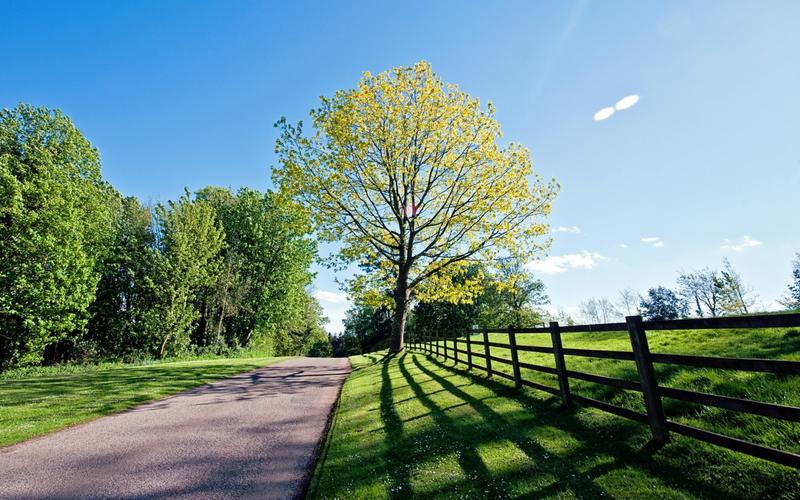India is a country with rich cultural heritage that draws influences from various parts of the world. The history of India is steeped in myths and legends that date back centuries and are still celebrated today. From the sprawling palaces of Rajasthan to the ornate temples of Tamil Nadu, the country is a treasure trove of cultures, traditions and customs that have been passed down the generations.
The Indus Valley Civilization, one of the earliest civilizations in the world, flourished in North West India around 2500 BC. The civilization is famous for its sophisticated urban planning, art and culture. The Harappan civilization, which was an integral part of the Indus Valley Civilization, is known for its elaborate pottery, sculpture and jewelry. The legacy of the Indus Valley Civilization can still be seen in India today when visiting archaeological sites such as Harappa and Mohenjo-Daro.
The Maurya Empire, which existed from 322 BC to 185 BC, was one of the largest empires in ancient India. It was known for its advancements in architecture, art and literature. One of the most famous rulers of the Maurya Empire was Emperor Ashoka, who converted to Buddhism and sought to spread the principles of non-violence and love throughout his kingdom.
The Mughal Empire, which ruled from the 16th to the late 19th century, is perhaps the most famous part of India’s history. The empire was known for its grand architecture, such as the famous Taj Mahal, and for its contributions to art and music. The Mughals also introduced Persian cuisine to India, which remains popular in the country to this day.
India’s rich cultural heritage is also evident in its many festivals, such as Diwali, Holi and Durga Puja. These festivals are celebrated with great enthusiasm and are an integral part of the country’s social fabric. The country also has a vast array of dance forms, such as Bharatanatyam, Kathakali, Kuchipudi and Bhangra, which reflect its diverse culture and traditions.
India has a great tradition of literature and philosophy, which dates back centuries. The Vedas, the Upanishads, and the Bhagavad Gita are some of the most famous works of Indian literature. The country has also produced some of the greatest thinkers and philosophers in history, such as Swami Vivekananda and Mahatma Gandhi.
In conclusion, India’s rich cultural heritage is a reflection of its diverse history, customs and traditions. From its ancient civilizations to its rich literature and philosophy, the country’s cultural legacy is awe-inspiring. The many festivals, dance forms, and literature of India are just a few examples of its enduring cultural heritage. India truly is a land of wonders, and one that has so much to offer anyone who is curious about its rich culture and history.
(Note: Do you have knowledge or insights to share? Unlock new opportunities and expand your reach by joining our authors team. Click Registration to join us and share your expertise with our readers.)
Speech tips:
Please note that any statements involving politics will not be approved.
